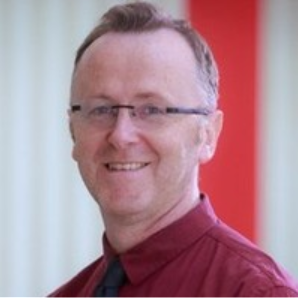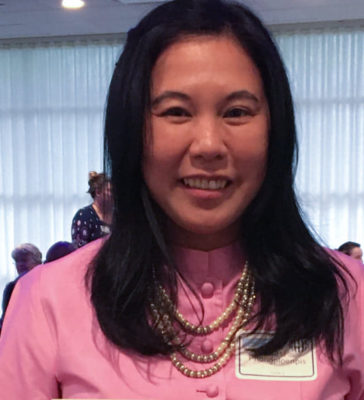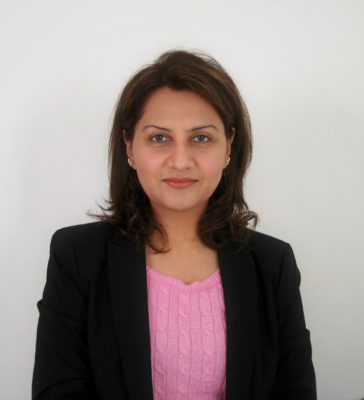
Mick King
Current Employer/Organisation Name
Community College of Qatar
What have you been doing since leaving Exeter, and what are you doing now?
Since graduating I got promoted to Program Coordinator for the Foundation Programme at Middlesex University Dubai and then changed jobs and moved to Qatar to work for the Community College of Qatar. After one year they asked me to become Chair of the English Language Center at the college. Although I had worked in higher education including middle management positions before, I feel the EdD facilitated being chosen for these posts and complemented my prior experience well in that regard. I have also noticed that having the EdD has added value to my prior teacher association work which has opened more doors to being asked to contribute to professional development events, conferences and edited books.
Why did you choose this career? And what do you enjoy most about your work?
As with many who end up in education, it was never my plan. Like many in their 20s, I went down the TESOL route to experience different cultures and learn new languages like Spanish, Catalan and Dutch. I entered higher education employment in the Netherlands and that was instrumental in my moving to the Gulf when my university set up a branch campus in Doha, Qatar. So I guess the career chose me and the more I did it, the more I realized that I enjoyed it and that I was quite good at it. I have moved between teaching posts and administrative ones throughout my career and still do not really know which I prefer. In general terms, teaching is a great way to keep a youthful mindset as you interact on a daily basis with students. If I had to choose my preferred level to teach I guess it would be Master’s students due to the fascinating discussions that occur in class, but all teaching I have done has been rewarding. I am currently an administrator and I do like to exercise my leadership and management skills too so I can help a department grow and be part of academic decision-making. In the right environment and organization, this can be a very empowering and meaningful career route.
What did you enjoy most about studying here?
I was on the Dubai programme so although this did not allow the full scale experience of studying in Exeter, it did allow me to work full-time while on the programme and, as such, allowed me to apply much of my research to my working context at that time. I feel that being on the Dubai programme with people in a similar situation made us extra supportive of each other as we knew the challenges of combining work and study, and I think that bond is something we still have as we pursue our careers. I am still in touch with many of my cohort and we have become good friends.
Why did you choose to study at Exeter?
My choice of Exeter was one of convenience and selecting a reputable school, which was at the time rapidly climbing the university rankings. As I was based in the Gulf and had just completed an M.Sc. in Educational Management in TESOL, I moved to Dubai and took up this option. This was just a few years before Exeter joined the Russell Group, so it was good timing!
What skills and experiences have been most useful for your career?
Personally, the main professional benefit from doing my EdD was in opening doors for career advancement as I had already been working in the field for almost 20 years. In this sense the degree validated my experience. In searching for jobs since graduation, I have definitely been able to secure interviews and job offers with more reputable institutions. From a skills perspective, I am definitely a more accomplished and confident researcher. I now feel I can conduct research more efficiently and confidently than post M.Sc. and feel that my research product is more valid and reliable.
What advice would you give to a current student who wishes to pursue your career?
Those without the vocational spirit, in my experience, tend to be unhappy educators and make those around them unhappy too, so only pursue this route is you really want to. Similarly, a move into educational administration is not for the faint-hearted and knowledge of teaching will not serve you sufficiently in this regard. That said, the soft skills learned in becoming a good teacher will help but will need to be accompanied by various technical skills and by a large dose of patience. Getting an educational management qualification, as I did when I did my Master’s, would be very beneficial. I take an internal customer/servant leadership approach to management so if I serve my teachers to help them do their job well, our students and institution will benefit. That would be my advice to anyone thinking of crossing the teaching-administrating divide.
What are your plans for the future?
As I am probably on the cusp of mid-career and end of career I have thought about the future a lot and am considering various options. One is to return to post-grad teaching and committee service, as I feel I can offer a lot. I am also looking at the educational consultancy route and am considering retraining in systems analysis to be able to provide educational institutions help with quality assurance and process improvement.

